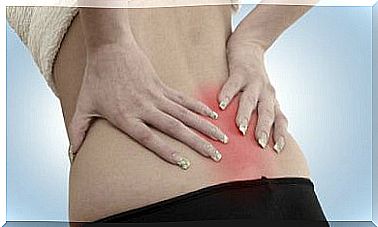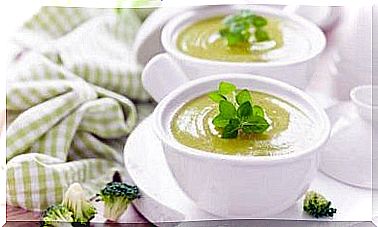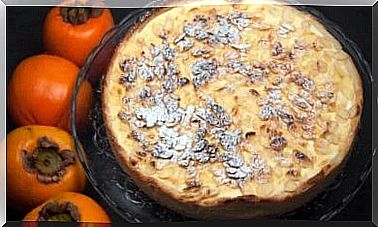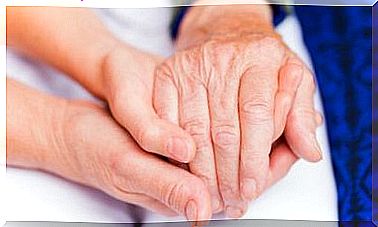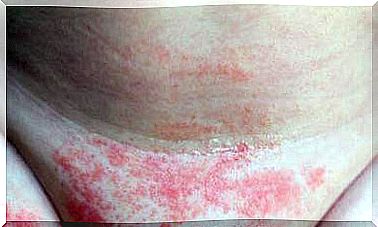Can Food That Has Fallen To The Ground Be Eaten?

The habit of eating food that has fallen to the ground after blowing on it is quite common. But are we sure that it is a safe and harmless practice for our health?
This is a legitimate doubt that today we will try to resolve by analyzing why you should not eat food that has fallen on the ground or any product that has come into contact with the floor.
The floor is covered with microorganisms
Even if they are not visible to the naked eye, there are millions of live microorganisms that populate the floor. Some are pathogenic to humans, others are harmless. When a food comes into contact with the floor, it is filled with these living organisms.
When food hits the ground, it becomes fertile ground for the proliferation of various pathogens which, if ingested, can cause infections.
An example of this is the E. coli bacterium , present in some contaminated meats and in the intestine. Some strains of this bacterium can trigger even serious gastrointestinal diseases, as explained in an article published in the Brazilian Journal of Microbiology.
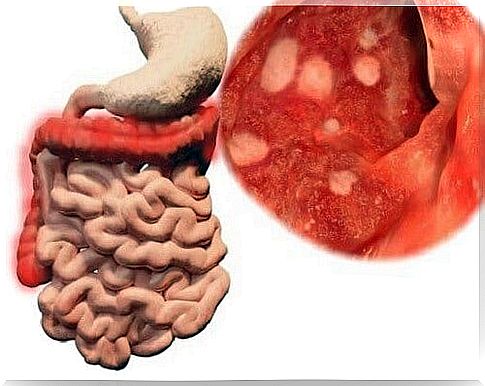
Washing food that has fallen to the ground with water is not enough
It is common to rinse a food that has fallen to the ground with plain water before consuming it. The water, however. it is unable to eliminate possible pathogens that have colonized the surface of the food.
Washing or blowing on food after it has fallen to the ground is not the right solution to reduce the danger of existing bacteria. Water can, to some extent, reduce populations of bacteria or fungi, but as a study published in 2018 states, most microorganisms remain unaffected.
What to do? Throw away the food
If you have dropped food on the floor, unless you have the option to boil it, the best option is to throw it away. In the case of fruit or vegetables with the peel, you can peel them well making sure not to leave any remains of the most superficial part.
In any case, it is always advisable to throw away any food that has fallen to the ground, especially if you are not sure how clean the floor is. It is not the same if the food falls on the floor of the house, of which we can relatively guarantee the degree of hygiene, as on the street.
The importance of food hygiene
Too often we do not give you the importance it deserves, but healthy habits in terms of food hygiene are essential to prevent the spread of various diseases. Simple practices, such as adequately defrosting or cooking foods well before eating them, prevent the proliferation of bacteria.
Otherwise, we risk ingesting agents that can cause gastrointestinal disturbances or even more serious diseases. It is also advisable not to mix raw foods with cooked foods and to use clean utensils to handle different foods.
Storing and packaging products properly is also crucial to limiting the growth of bacteria. We recall that every year there are new cases of deaths from infections from contaminated food; although the numbers grow exponentially in developing countries, this is also the case in developed countries.
Having access to drinking water in most countries reduces the risk of bacterial growth. Despite this, we often witness dubious food hygiene practices that can cause poisoning.
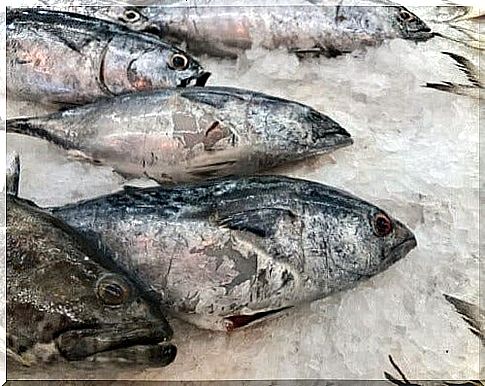
It is best not to eat food collected from the ground
Unless it has fallen onto a freshly washed surface or has been thoroughly cooked, it is advisable to throw away any food that has come into contact with the floor. By doing so, we do not put our health at risk by ingesting microorganisms that are harmful to the body.
On the other hand, we always remember the importance of maintaining correct hygiene practices to prevent various diseases, in some cases even serious.
